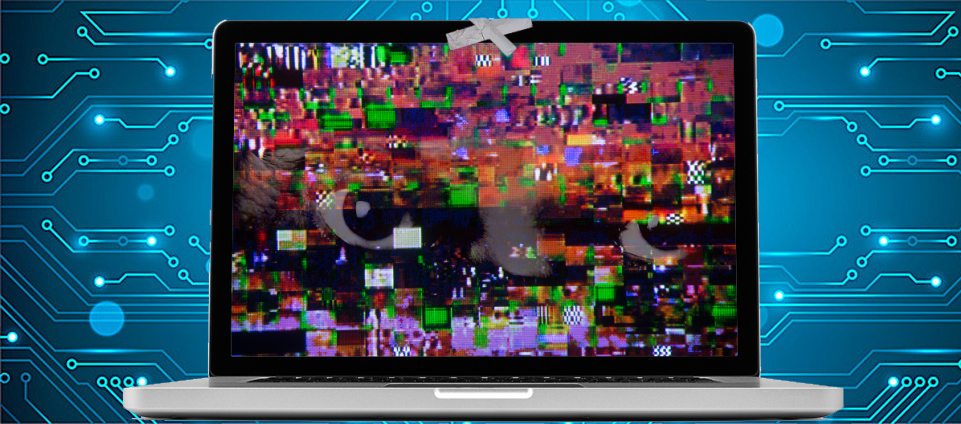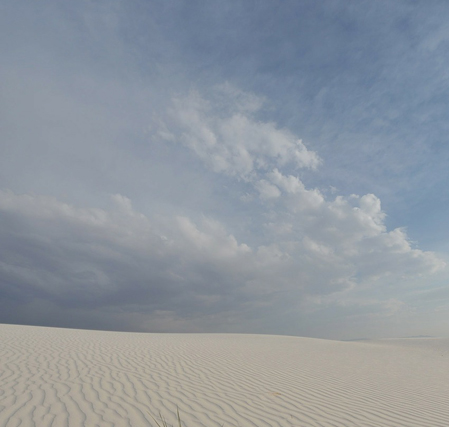Facebook founder Mark Zuckerberg does it. Former FBI Director James Comey does it, too. And SWCP Vice President Jamii Corley has been doing it for decades.
They all cover up the lens of the camera in their laptop to make sure that someone is not spying on them with it. And if you have a video-camera equipped laptop or an external webcam you should similar take precautions too. Because such spying can and does happen – and you’d probably never be able to tell while it was going on. You don’t have to be a billionaire or a high government official to be at risk, either.
Five years ago, it was revealed that the FBI had the ability to turn on the computer’s camera without activating the recording indicator light. Moreover, by then they had been using this exploit for years, and there’s no doubt the NSA has, as well. So that means the Russians, and the Chinese, etc., etc. can, and likely do, too.
But they’re the least of most people’s worries because common hackers and criminals now have access to programs as well. Possibilities of misuse include cyberbullying. A police investigation was launched in 2015, for instance, after a Toronto woman and her boyfriend were sent pictures of themselves from the previous evening of them watching Netflix over Facebook.
They got off easy, possibly because those images were innocuous. Candid Wueest, a security researcher for Symantec, claimed that there are large groups of hackers that brag of their spying activities on the dark web. Many peepers do it just for perverse and sadistic pleasure, but some hackers have started to blackmail or demand ransom for captured images of sexual acts.
Several years ago, Kaspersky Lab reported that hacking webcams was a popular hobby among young hackers. Websites have sprung up that stream thousands of unprotected or hacked webcams from around the world. Not only that but one enterprising person got the attention of Russian media by compiling videos of hacked cameras and posting it on YouTube. To add to the fun, “when a handful of victims approached their computers, he opened up a pornographic video in the browser right when they came close to their devices.”
Zuckerberg and Comey seem to just use a piece of ordinary tape, others use Post-It notes. Actual tests, however, show that of tapes, duct tape, although ugly, works best although it leaves a sticky residue. Painter’s tape, which applies cleanly and evenly and is easy to remove without residue, is a bit better. Light-colored Post-Its are slightly translucent and fall off easily but are a convenient quick fix. Stickers of all kinds are popular but may be hard to remove.
Or you can invest in an actual cover. They come in a huge variety of styles but are all cheap. Disposable single-use camera blocker stickers come in packs, or you can get more durable plastic ones that have sliders to expose the lens when needed. Another list may be found here.
Kill that mike, too
Microphones can be hacked just like cameras, only they may be a little harder to deal. A simple covering over a laptop web microphone might not be enough. Most mute buttons only affect the speakers, not the recording equipment.
There are several different methods to disable mikes. On Windows machines going to the Sound Control Panel and muting or setting the slider to 0 should be sufficient, and on some Macs, too. If you have a port with a jack for earphones with an external microphone or a separate mike jack, sacrificing an old set of headphones is one surefire way of stopping hackers. Simply cut the plug off and insert it into the jack. No sound will get through, and it will automatically turn off the internal microphone also.
There are even more extreme ways to deal with the situation. Apps are available to monitor your audio and video levels although they may not be able to detect USB devices. There are some just for Macs. Or you could remove the software drivers, or if you’re really paranoid, disable the audio hardware.
This is indeed extreme. But the danger is not so much eavesdropping as much as what most hacking is usually about – stealing personal information. Text-to-speech software is still expensive, but as the price drops, hackers will be able to use it to scan conversations for passwords and credit card numbers.
If that seems way out there, so did covering up the camera with a Post-It when Jamii started doing that years ago. Now it seems only sensible.
And of course, you should not neglect other security precautions:
- Make sure your Wi-Fi connection is protected with encryption and a strong (not default) password.
- Don’t download software from third-party sites, and whatever software you do download, be sure to read the offer carefully before clicking DOWNLOAD. You don’t know what may be bundled in that “free” package.
- Use a good antivirus program, don’t ever turn it off, and update it regularly. A full scan of your computer every so often isn’t a bad idea, either.
- Be aware of your computer’s behavior, including indicator lights, delays, freezes, unexplained glitches, popup windows, etc. If anything changes significantly, scan the computer or bring it in to SWCP. Remember, our members get one free antivirus scan and clean-up free each year.

